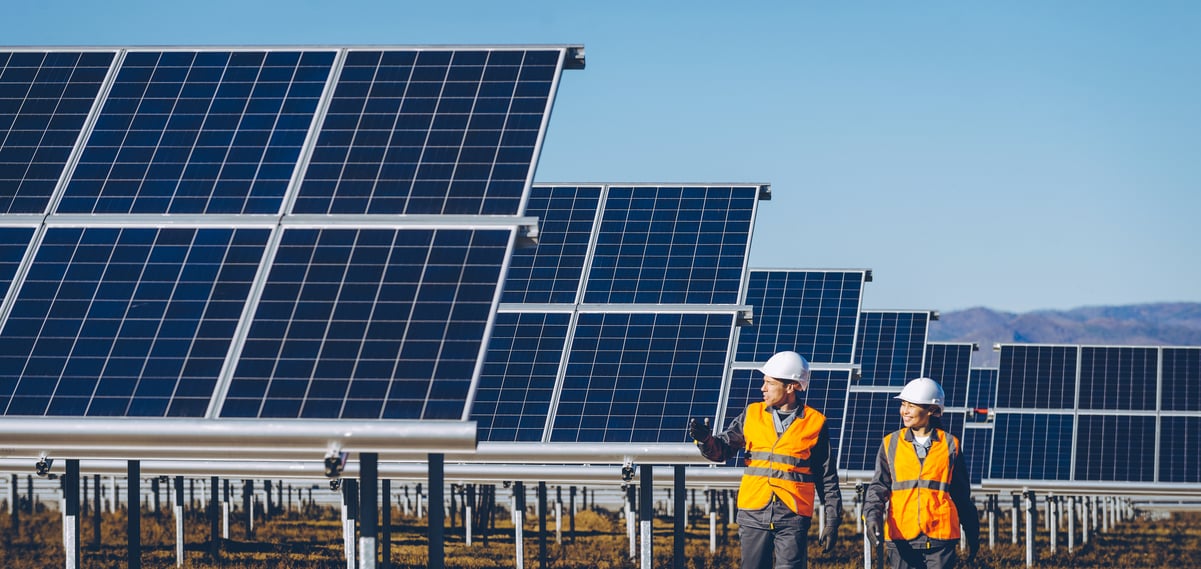What happened
Extending the 18% slide that they had experienced through the first two months of 2020, shares of First Solar (FSLR 0.41%) dropped 21% in March, according to data from S&P Global Market Intelligence, representing a more precipitous drop than the 12.5% downturn that the S&P 500 had suffered. An analyst's critical commentary, concerns about local and state stay-at-home mandates, and doubts regarding how the government's stimulus package would provide relief to the solar industry all weighed heavily on investors' minds and contributed to them exiting their positions last month.
So what
The month began on an inauspicious note for shareholders. On March 2, Gordon Johnson, an analyst with GLJ Research, shared his doubts regarding the company's financial footing, stating in a letter to investors that "the time is fast approaching to begin worrying about First Solar's quickly dwindling cash balance," according to thefly.com. Regarding the stock, he maintained a hold rating and $40 price target, indicating a bearish outlook as the stock was trading around $45 at the time of the note.

Image source: Getty Images.
Questions regarding the state of First Solar's manufacturing facilities in Ohio, Malaysia, and Vietnam represented another source of concern. Without any word from management that its facilities were unaffected, investors anticipated the worst and sold off shares. Investors' expectations seemed reasonable as so many companies implemented measures to protect their workers and comply with government directives. Finally, on March 26, the company addressed investors' fears and revealed that its facilities in Ohio, Malaysia, and Vietnam would all be permitted to remain open; consequently, shares jumped 6% on the news.
Lastly, shareholders expressed doubt that Congress would provide much-needed assistance to the renewable energy industry through its stimulus package. The Solar Energy Industries Association, in addition to other organizations, penned a letter to Congress, which "call[ed] for the prompt repair and extension of critically important tax incentives to help the clean energy sector surmount the impacts of the COVID-19 pandemic." Unfortunately, their misgivings were validated, and the $2.2 trillion legislation provided no relief to the industry.
Now what
While the first three months have been discouraging for First Solar's shareholders, patient investors should be rewarded if they're able to weather the current volatility. The company is an industry stalwart and, in the opinion of some, represents one of the most compelling opportunities for investors seeking exposure to the solar industry.







